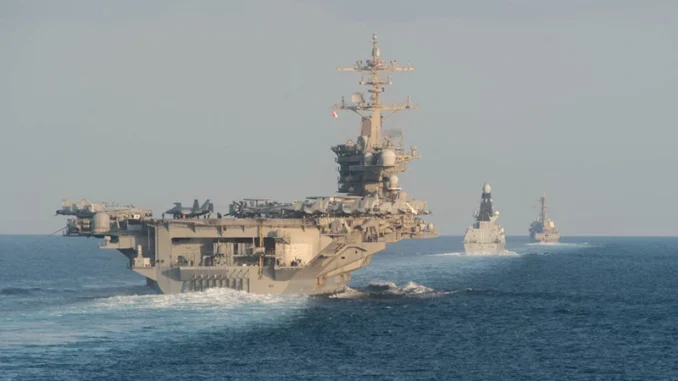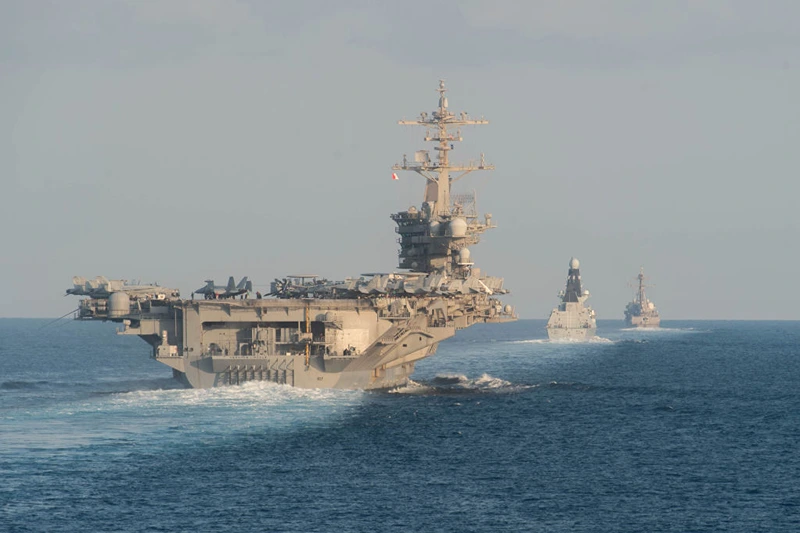

OAN Staff Gabriella Sable
11:29 AM – Sunday, June 22, 2025
Iran’s parliament backed a measure on Sunday to close the Strait of Hormuz, a key maritime passage that accounted for 20 percent of global petroleum liquid consumption in 2024.This comes after the United States carried out targeted attacks on key nuclear facilities Fordow, Natanz and Isfahan to decimate Iran’s nuclear capabilities.
Iran state-run media reported that lawmakers had agreed to move forward with closing the Strait, though the final decision lies with the Supreme National Security Council.
National Security Expert Clare Lopez told One America News in a statement that it is uncertain that the council would approve the measure.
Advertisement
“Given how extensively China depends on Iranian oil supplies and in return, Iran depends on that income, it’s not certain that approval will be forthcoming,” Lopez explained. “But were it to, such a closure would seriously affect world oil supply and prices.”
Nearly half of China’s crude oil imports pass through the Strait of Hormuz, making it a critical chokepoint. India, Japan, and South Korea would also feel the impact, potentially confronting severe supply shortages that may force them to tap into their strategic oil reserves. Meanwhile, global shipping costs would surge, as tankers would be forced to reroute around Africa, adding significant time and expense.
Vice President JD Vance said in an interview with NBC News that closing the Strait would be a grave mistake by Iran.
“I think that would be suicidal for the Iranians themselves,” Vance asserted. “I mean, their entire economy runs through the Strait of Hormuz. If they want to destroy their own economy and cause disruptions in the world, I think that would be their decision, but why would they do that?”
Approximately 85 percent of Iran’s government revenue comes from exports through the Strait, including 2.6 million barrels of oil per day, making it vital to the country’s economic survival. Vance urged Iran to choose diplomacy over escalation.
“I don’t think it makes sense for them or for anyone else,” Vance added. “What would make sense is for them to come to the negotiating table, to actually give up their nuclear weapons program over the long term. And again, if they’re willing to do that, they’re going to find a willing partner in the United States of America.”
Stay informed! Receive breaking news blasts directly to your inbox for free. Subscribe here. https://www.oann.com/alerts

